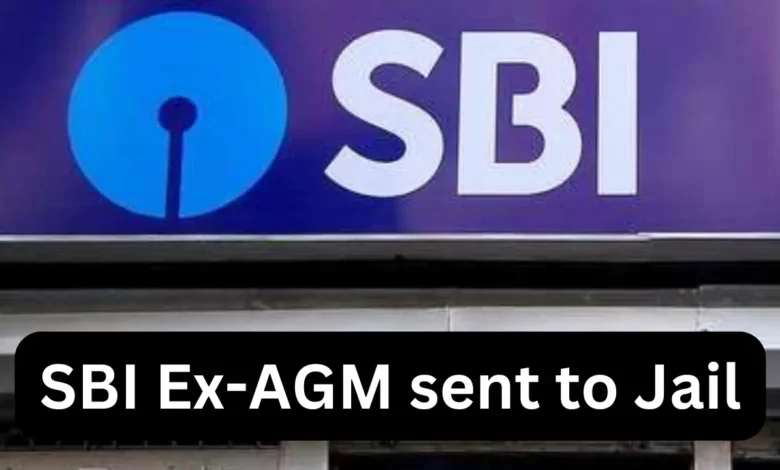
In a significant verdict, a CBI special court in Bhopal convicted a retired bank officer, members of his family, and a chartered accountant (CA) in a disproportionate assets case that has been under investigation for nearly two decades.
The Case:
The case centers around Jitendra Pratap Singh, a former Assistant General Manager at the State Bank of India (SBI), who was found guilty of amassing wealth beyond his known sources of income. The case dates back to 1999-2005, when Singh was accused of acquiring assets worth Rs 37,13,113 through illegal means.
Court Verdict:
On Monday, the court, presided over by Judge Arvind Kumar Sharma, sentenced Jitendra Pratap Singh to three years of rigorous imprisonment. In addition, he was fined Rs 32,22,250. If Singh fails to pay the fine, he will have to serve an additional three months in jail. Moreover, the court ordered that his properties be sold to recover the unpaid amount.
Singh’s family members, including his wife Kiran Singh, daughters Anvesha, Garima, and Namrata Singh, along with his son-in-law Sameer Singh, were also convicted. The court sentenced each of them to one year in prison and imposed a fine of Rs 25,000. The CA involved in the case was similarly sentenced.
Legal Charges:
The family members and the CA were convicted under the Prevention of Corruption Act and Section 109 of the Indian Penal Code (IPC), which deals with abetment of crime. The court found that Singh and his family had used fraudulent accounts across various SBI branches to hide their wealth.
Investigation Findings:
The Central Bureau of Investigation (CBI) had filed a chargesheet in 2007, accusing Singh of accumulating assets worth Rs 37,13,113 from January 1, 1999, to April 2, 2005, that were disproportionate to his known income.
The court concluded that Singh had unlawfully acquired assets totaling more than Rs 32,22,253, far exceeding his legitimate earnings during that period. This violation was under Section 13(2), read with Section 13(1)(E), of the Prevention of Corruption Act, which pertains to public servants holding assets disproportionate to their income.
This case highlights the importance of addressing corruption and financial misconduct, particularly among public servants, and sends a clear message about the consequences of engaging in illegal financial activities.

